Welcome
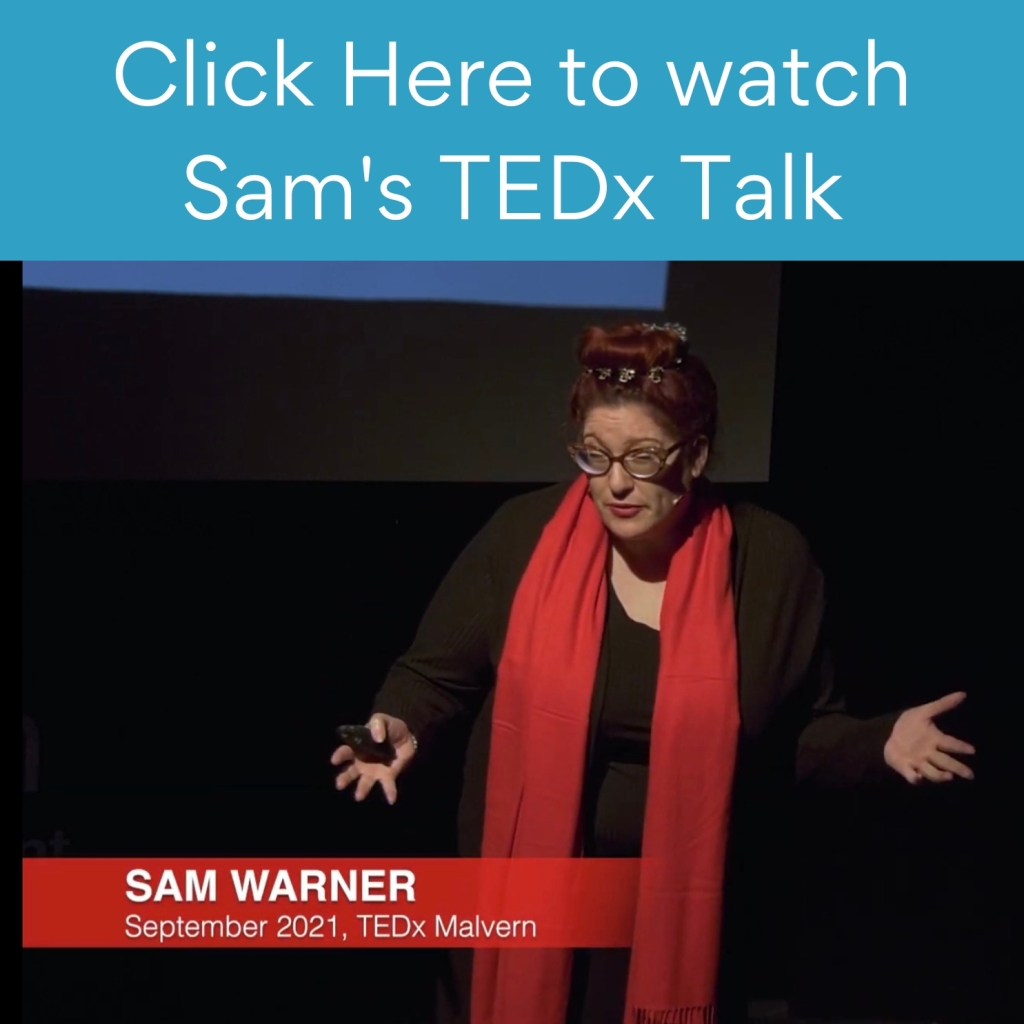
When your employees are oblivious to the impact they have on others, this can be a painful problem for all departments handling team conflict, and sub-par performance. The reduced productivity, attrition and grievances can be expensive problems in all industries and could be alleviated with one key solution. Here’s five hot tips you can use right away to start tackling issues like this.
“Becoming self-aware is the key that opens the door to enlightenment (Knowledge, Freedom and Happiness). Most people don’t understand the impact they have on the world. When they open their mouth without thinking, when they react instinctively instead of consciously and when they feel they are waiting for something good to happen to them; they are existing, not living” – Sam Warner
Download Sam’s:
“I cannot recommend Sam enough. Her expertise in neurodiversity is truly exceptional. She generously shared her knowledge and time, helping me gain a deeper understanding of neurodiversity and its implications for training and speaking facilitation.
Sam’s insights have been invaluable in tailoring my approach to better connect with diverse audiences. Working with her was not only professionally enriching but also a genuine pleasure. Sam is a dedicated and knowledgeable professional who goes above and beyond to make a positive impact. I highly recommend her to anyone seeking expertise in neurodiversity and inclusive facilitation.” – Rachael Edmondson-Clarke.
Sam Warner – The Autistic Interpreter
Communication Specialist





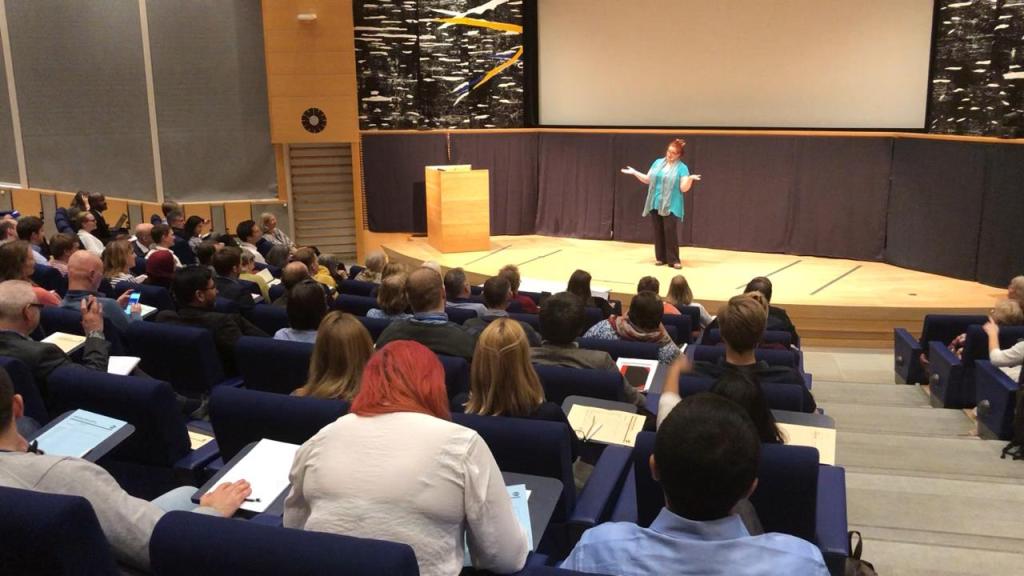
Experienced stage & classroom / virtual trainer and remote coach based in Shropshire, UK.
Certified Mental Health First Aider
Autism Awareness Diploma
Distinguished Toastmaster 2018 & 2020
BA (Hons) Business Management

Professional Member of the Professional Speaking Association
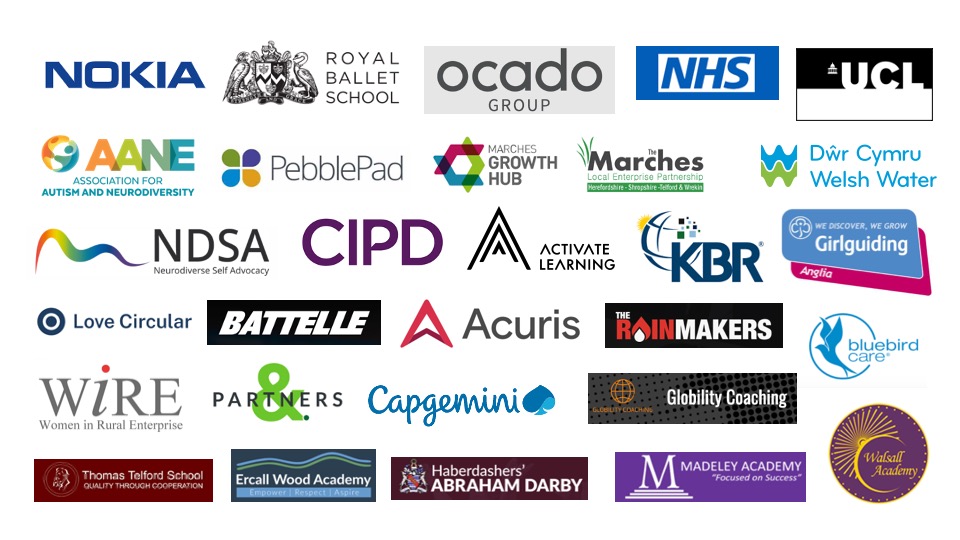
The Autistic Interpreter
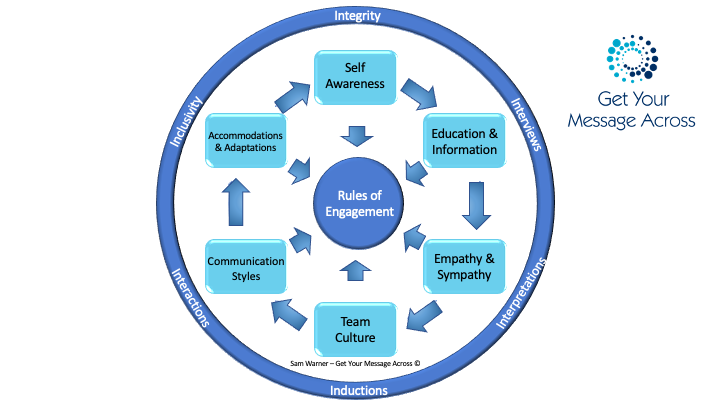
The Rules of Engagement TM, is an interactive course to transform the way teams communicate and perform effectively. Increasing productivity and innovation.
These are the three main other current courses offered:
(also available in Lite version & Lunch and Learn versions, and other courses are available too)
Neurodiversity in Training Design
Reasonable adjustments: Designing for a neurodivergent attendee
- Gap Analysis & Objectives
- Differences in processing to consider, and Accessibility checker
- Adult Learning theory
Accommodations – Prior to delivery
- Pre-work and advance info
- Joining Instructions
- Research with client
Adaptations – Tips for confident delivery
- Facilitation techniques
- Handling a difficult audience
- Obtaining in-session feedback
Neurodiversity in the workplace
a) Recruitment process (Job Advert, Selection, Interview, Onboarding, Induction, New Team Culture)
b) Reasonable Adjustments (including Environmental and Chronological)
c) Accommodations (What tools/equipment might they need?)
d) Adaptations (How might you need to work differently with this individual?)
———————————————-
Getting the message across to your diverse team
a) Handling difficult Conversations & Conflict
b) Feedback, Evaluations, Reviews & Promotions
c) Communicating for group understanding (e.g. Team briefs & Change management)
d) Giving and receiving instructions
———————————————-
Sam works with organisations wishing to attract and retain neurodivergent talent. Supporting them in enhancing their recruitment and onboarding processes, including job adverts, interviews, & inductions. Sam runs the The New Rules of Engagement (TM) training course to inform, combat conflict, alleviate difficult conversations and create an inclusive team culture. Sam helps businesses put together a list of offered reasonable adjustments/accommodations/adaptations they can offer to any new starters to help them achieve approx 15% increase in profits.
Sam also provides an interpreter service for adults & older teenage children with diagnosed or un-diagnosed Autism, ADHD and PDA (Pathological Demand Avoidance) & helps them, their friends, family & co-workers to communicate better. She shares a lot of techniques she employs as coping mechanisms for various behavioural problems & challenging situations. Sam understands the different ways in which the brain processes information & makes sense of the world. She offers an informal pre-diagnosis consultation to help people find the words to self-advocate for a formal diagnosis.
She uses her broad knowledge when working with a variety of people from different backgrounds and is known for her communication and behaviours interpreter work with Neurodivergent adults and their friends, colleagues and families.
Professional Speaker & Trainer
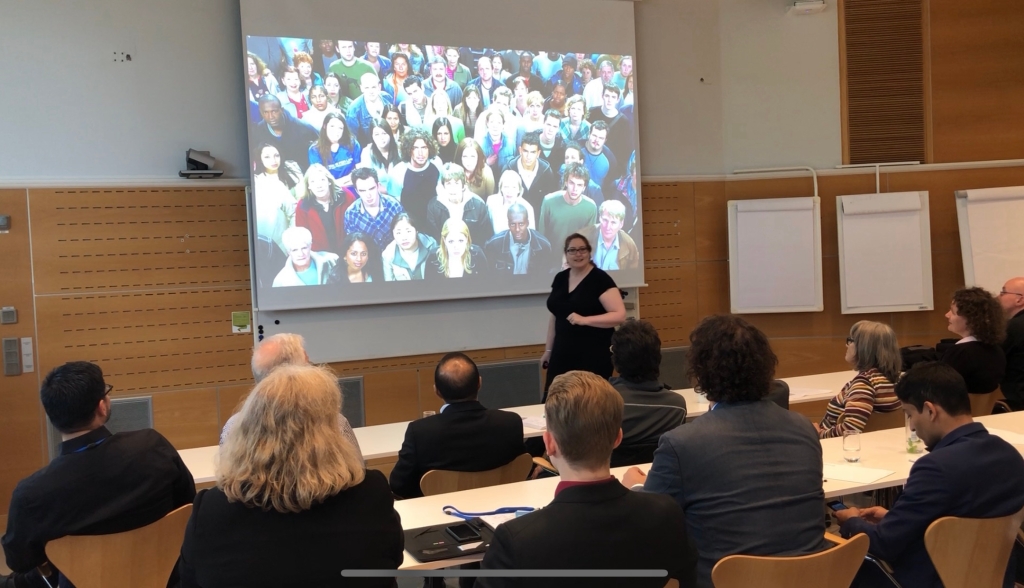
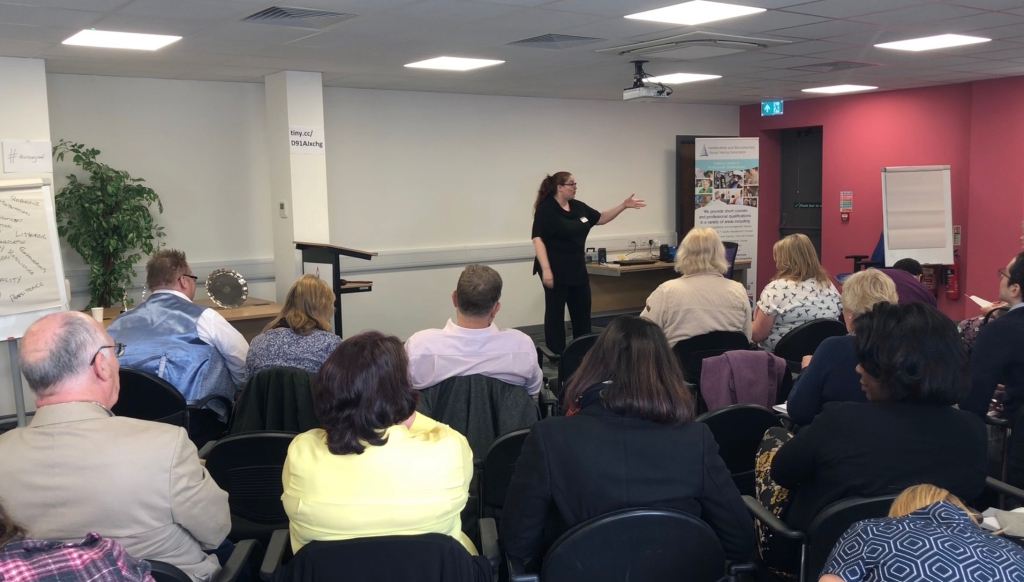
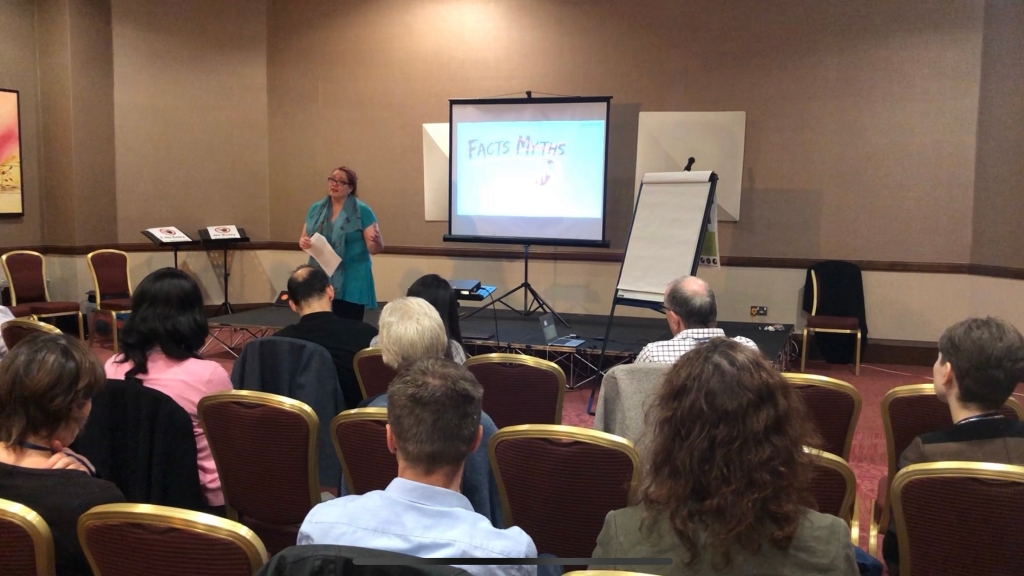

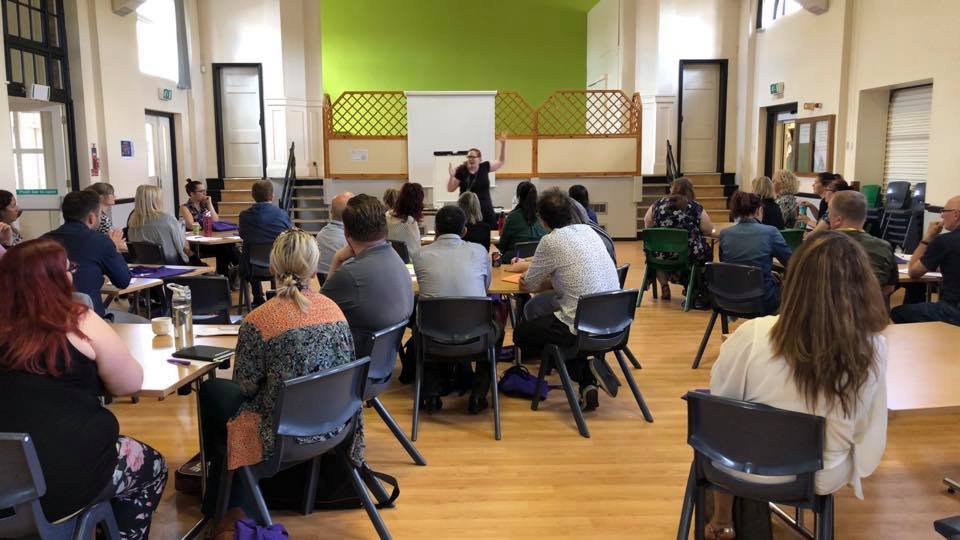
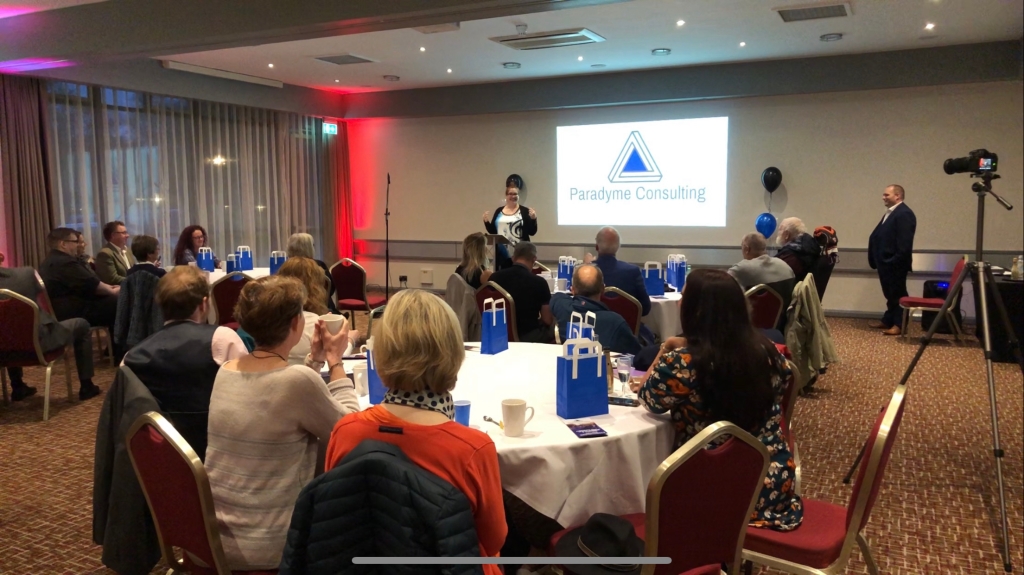
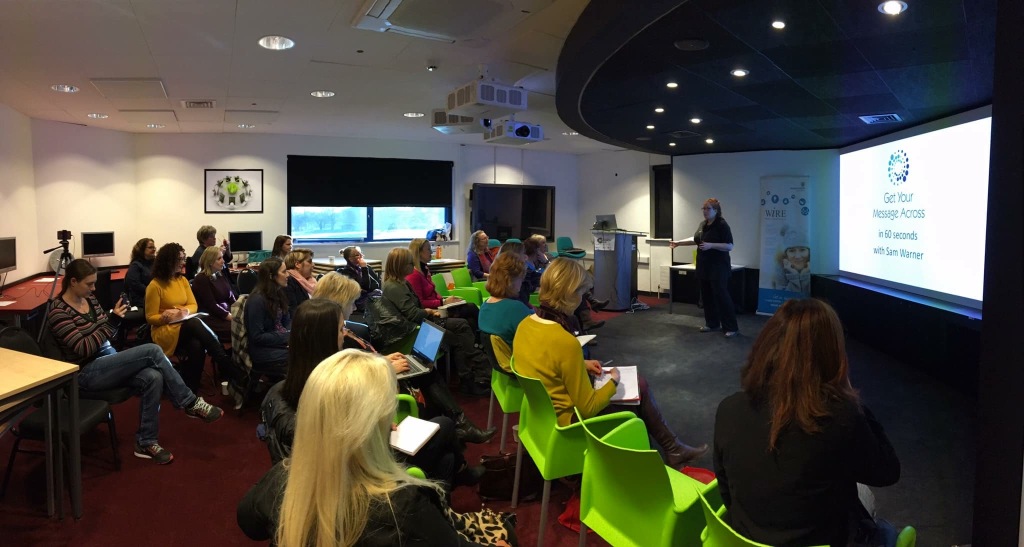
Sam is a professional speaker, delivering talks and keynotes at conferences, banquets and events internationally. Sam is available for conferences, workshops & keynotes. She also attends corporate events to share her knowledge and experience of integrating adults with Asperger’s into a team with colleagues who are not considered to be on the spectrum.
Sam’s video series is coming soon on YouTube…
Radio & Voice work
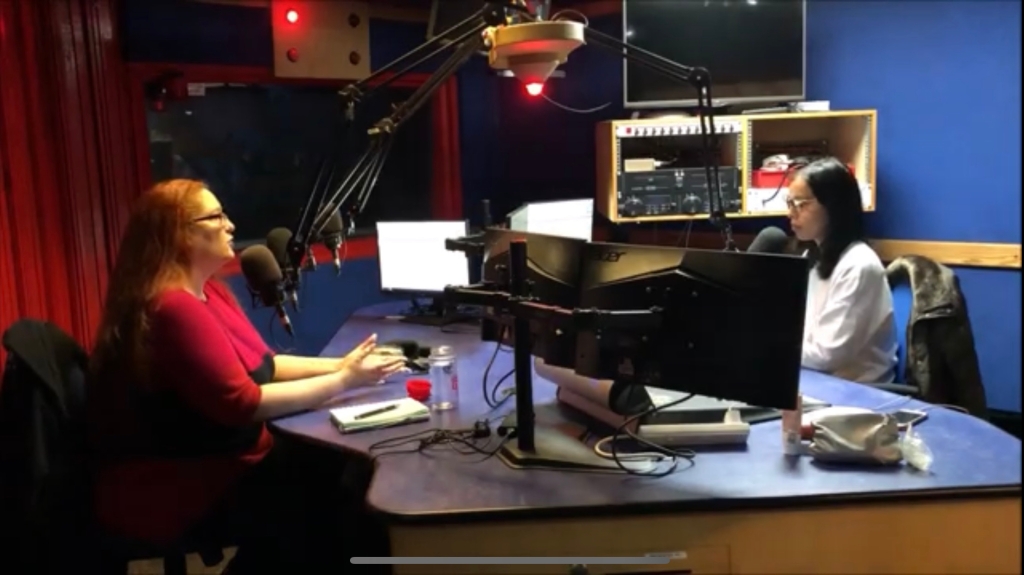
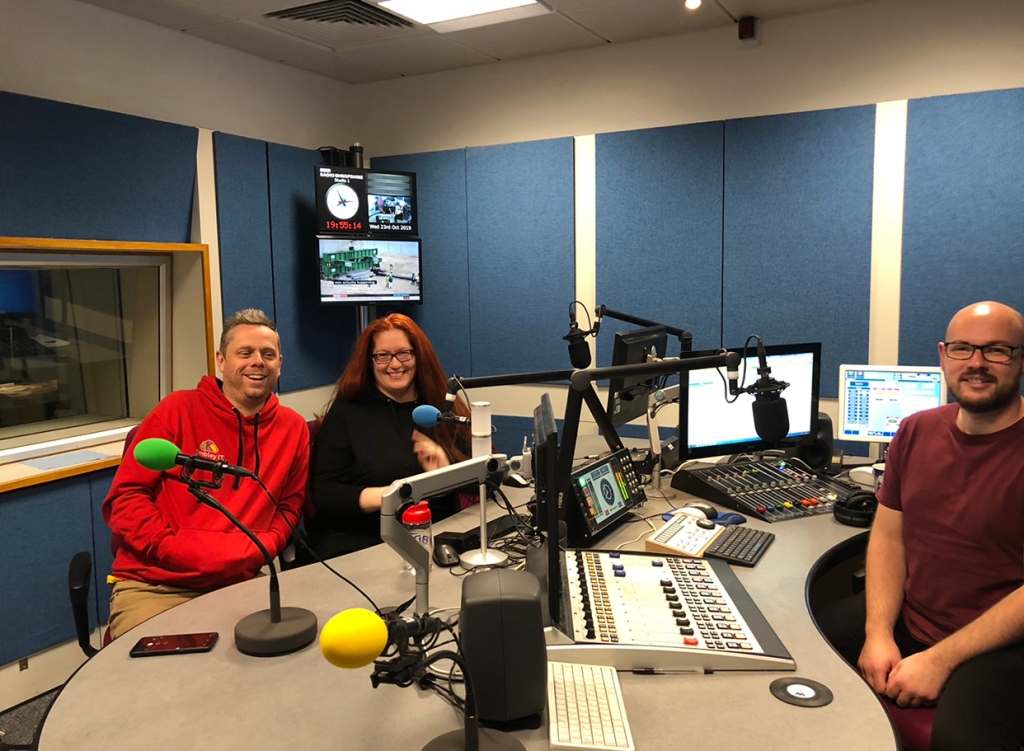
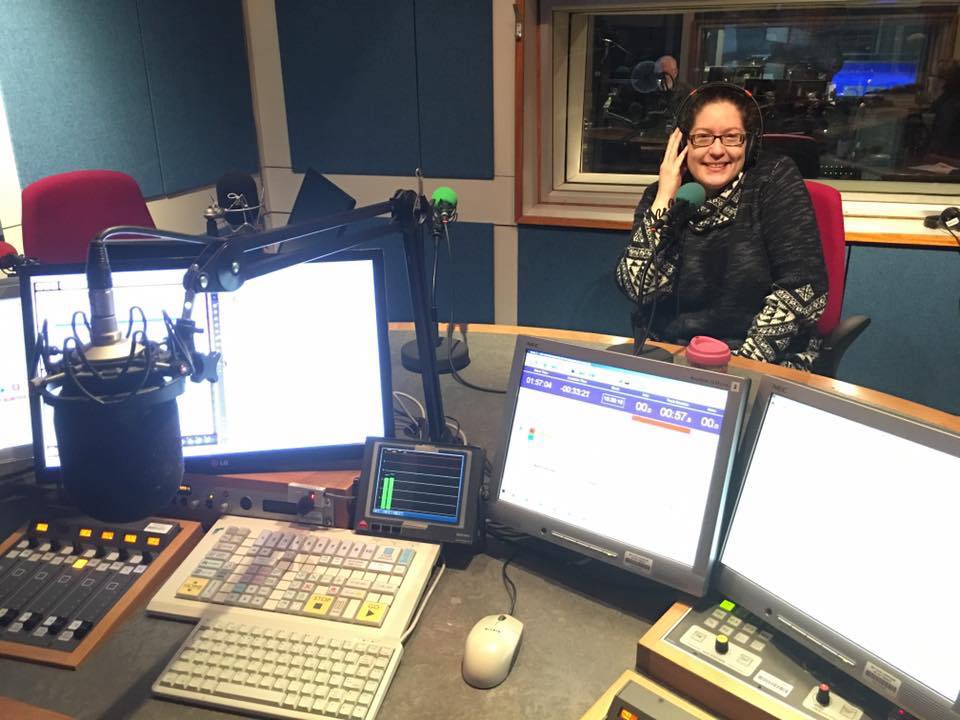
- Sam is often asked to speak on BBC Radio Shropshire and other Radio Stations on Neurodiversity-related or communication-related subjects like TEDx.
- Sam has lent her voice to an audio book, you can hear her here: Quotes from the Gurus – Audio Book
- Sam is developing a podcast – coming soon….
TEDx Speaker, Speaker Coach and Event Organiser
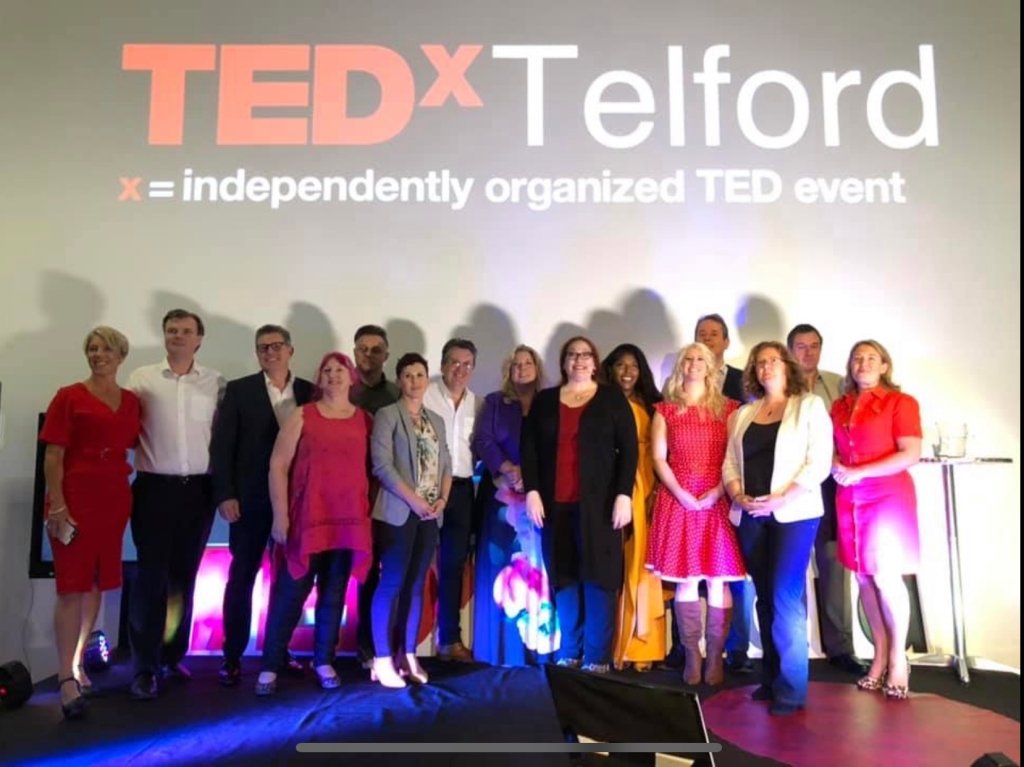
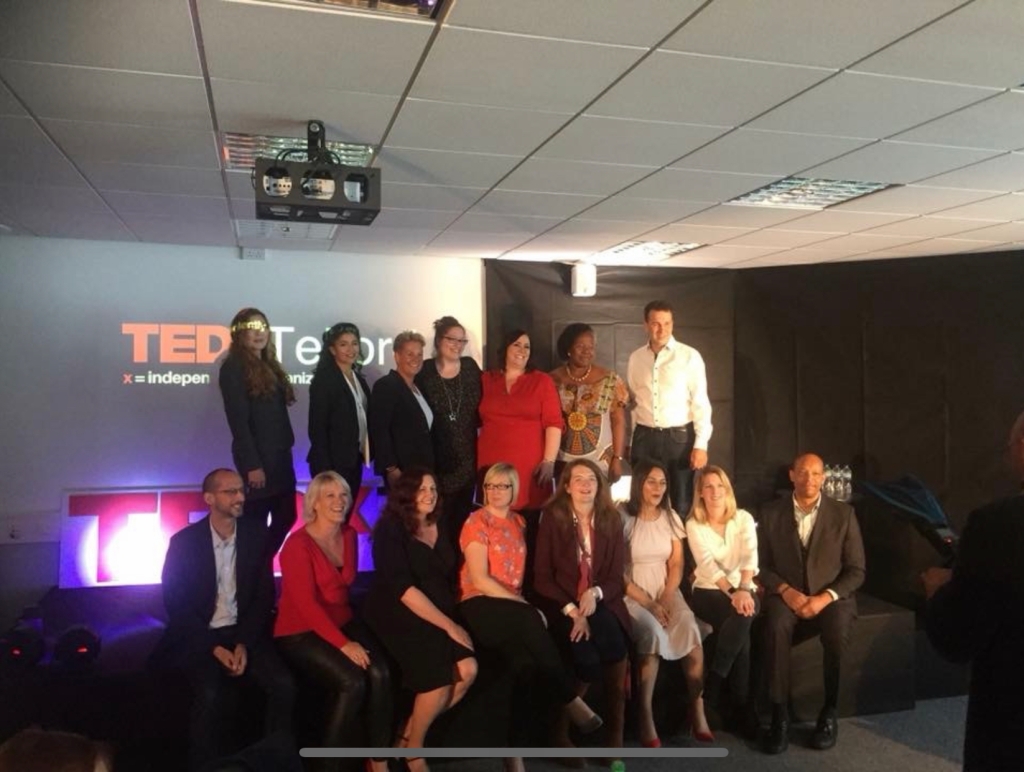
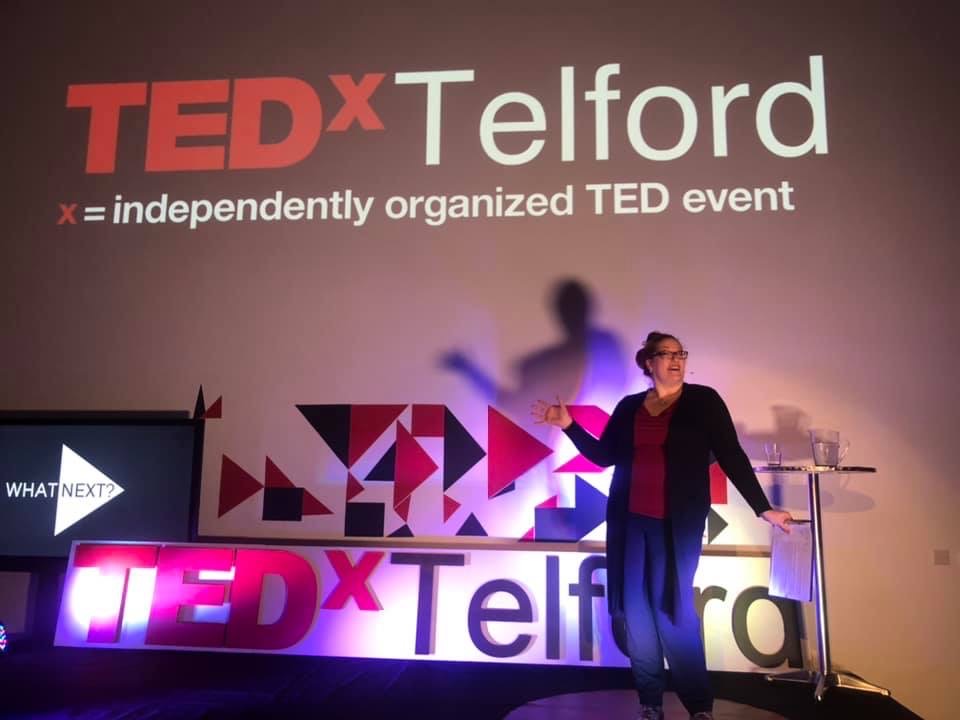
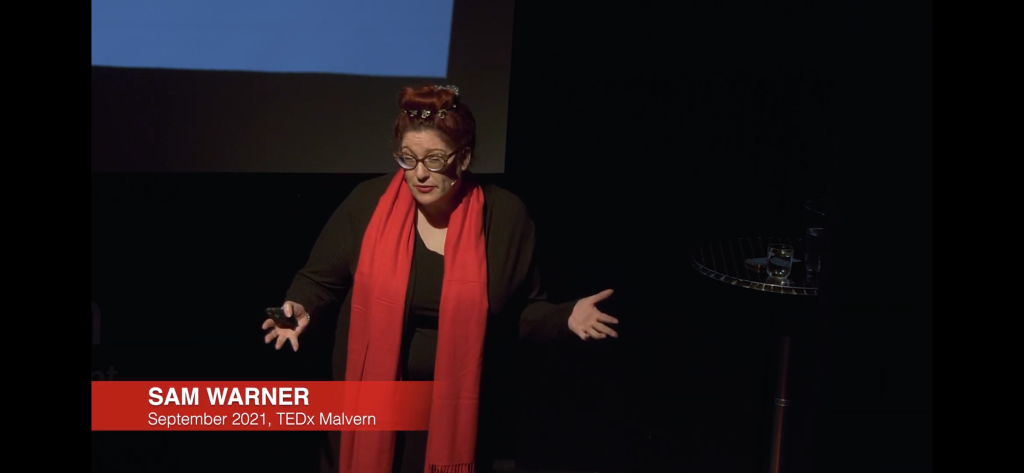
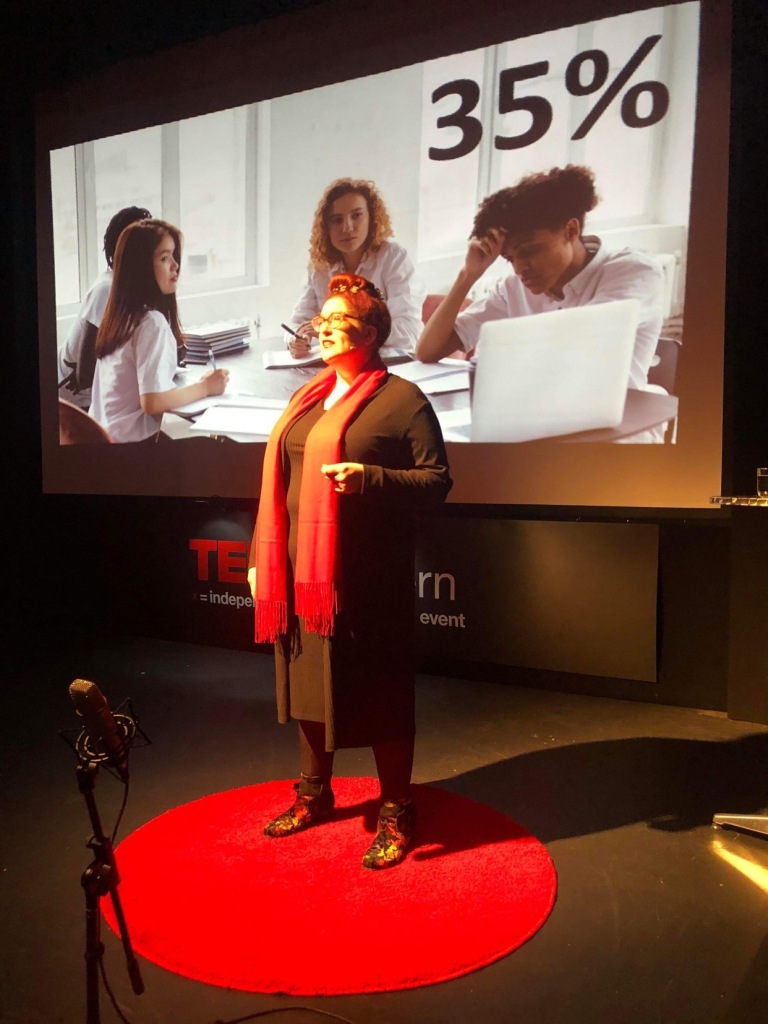

Sam has organised two TEDxTelford events in 2018 & 2019.
She delivered her own TEDxTalk “The New Rules of Engagement” at TEDxMalvern in 2021.
She has coached over 40 TEDx Speakers.

Sam has been helping people to communicate since 2008. She trains, coaches and mentors by applying her BA(Hons) in Business Management, sharing her knowledge gained in public speaking in Toastmasters International since 2010 and drawing on her 20 years experience working for various companies in different roles.
Terminology
Examples of what is included in Neurodiversity – Autism, ADHD (inattentive, Hyperactive/Impulsive and Combination), Dyslexia, Dyspraxia, Dyscalculia, Dysgraphia, Face blindness, Pathological Demand Avoidance, (PDA) Oppositional Defiant Disorder (ODD), Rejection Sensitive Disorder (RSD), Sensory Processing Disorder (SPD) or Sensitivity (SPS), Highly Sensitive Person (HSP), Tourette’s, Hyperlexia, Obsessive Compulsive Disorder (OCD), Synaesthesia, Developmental Language Disorder (DLD). All potentially leading to Anxiety and Depression. (Not an exhaustive list)
Some examples of common co-occurring conditions:
Ehlers Danlos Syndrome, Down’s Syndrome, Epilepsy/seizures, Sleep disorders, , Gastrointestinal disorders, feeding/tasting challenges, Obesity or a Controlling Eating Disorder, (anorexia, anorexia athletics, bulimia) Bipolar, Mood Disorder (BMD) Learning difficulties or disabilities, Metabolic disorders, Memory issues, Language issues / non verbal, fragile X syndrome and tuberous sclerosis complex (Not an exhaustive list)
Terminology
“Neurodiverse” refers to a group of people where some members of that group are neurodivergent.
“Neurodiversity” is the range of differences in individual brain function and behavioural traits, regarded as part of normal variation in the human population (used especially in the context of autistic spectrum disorders).
A “Neurodivergent” individual is defined as one whose neurological development and state are atypical, usually viewed as abnormal or extreme. (!)
“Neurodivergence” is the difference in our brains. (Deviating from what the DSM-5 considers “Normal” or Neurotypical.)
“Neurotypical” describes the individuals who are not considered to be Neurodiverse, and for whom the majority of society, systems, processes and policies are set up. As per the DSM-5.
The terms high functioning or low function are retired terms, we would say high or low support needs instead.
Asperger’s is no longer used to diagnose Autism with lower support needs. (High functioning as it was called).
This does not impact those with a diagnosis of Asperger’s who wish to refer to themselves as Aspie etc, that is their personal choice and should be respected.
It is not our job to police others, but to educate them.
Membership and Awards
Sam is a member of the following:
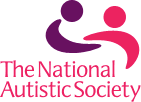 The National Autistic Society,
The National Autistic Society,
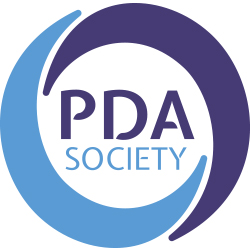 The Pathological Demand Avoidance (PDA) Society
The Pathological Demand Avoidance (PDA) Society
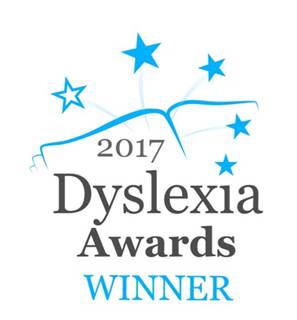
and winner of a Dyslexia Award – Learning Support of the Year 2017.
On the left: Sally Joyner handing Sam her Learning Support of the Year award in 2017, and on the right: Sam handing The Educator award to Jo Goff in 2016.

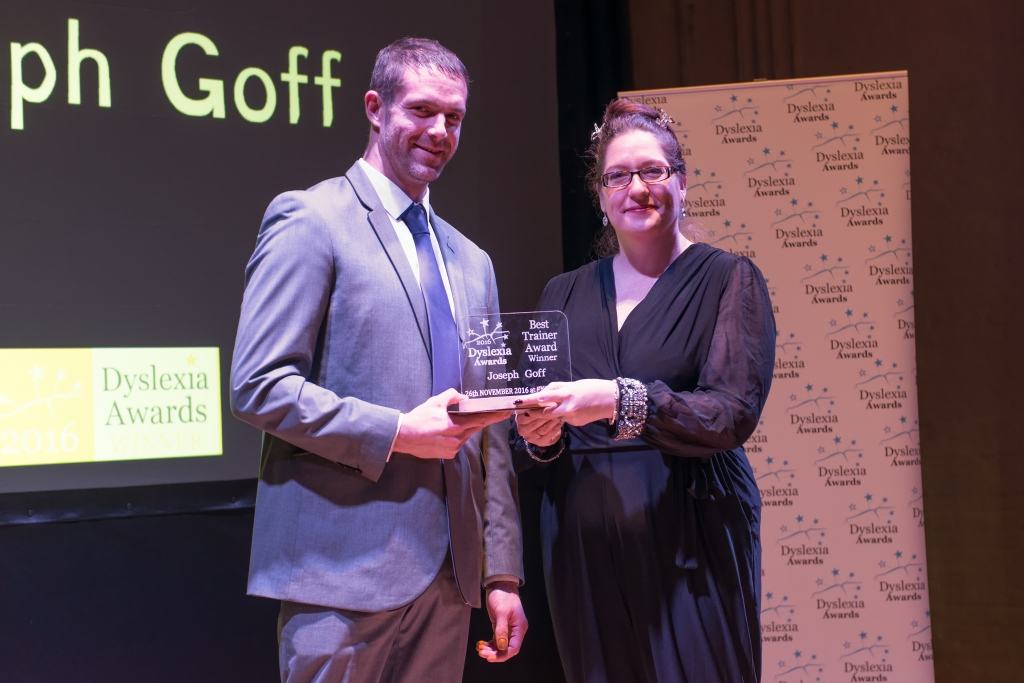
Photos: ©Infocus Photography – Michael Wilkinson 2016/17
Youth Leadership Program
Sam has been teaching groups of children at several local schools how to speak in public, build their confidence and find their voice. In particular the students chosen for the programs are the quieter ones, or the children who are regarded as disruptive or difficult, as they need to find their voice and understand the rules of communication more than anyone.

Sam is writing a book on how to help those without Autism live and work with those who have, and vice versa.
Copyright © Get Your Message Across, 2008-2023 Sam Warner – All Rights Reserved

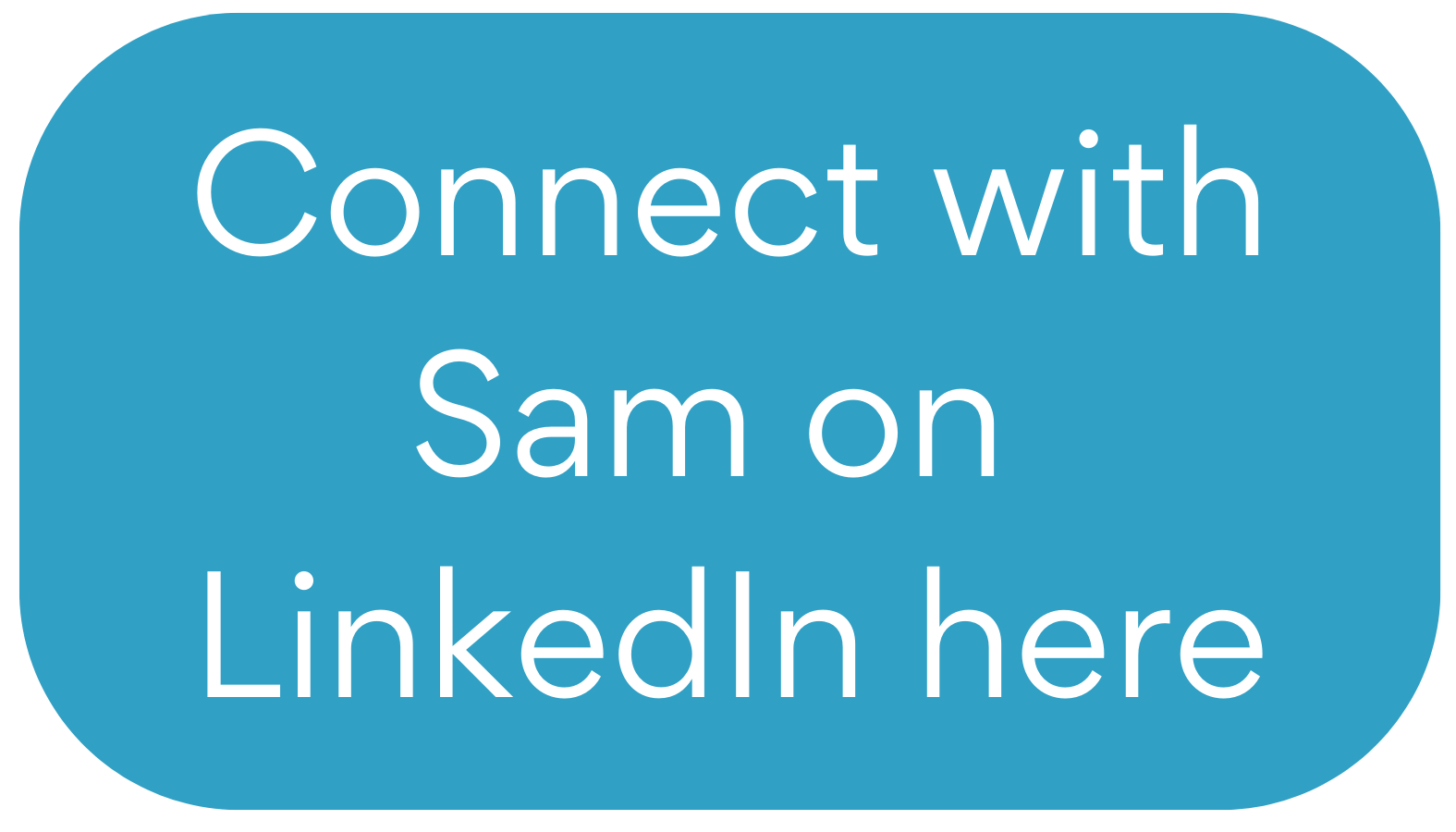
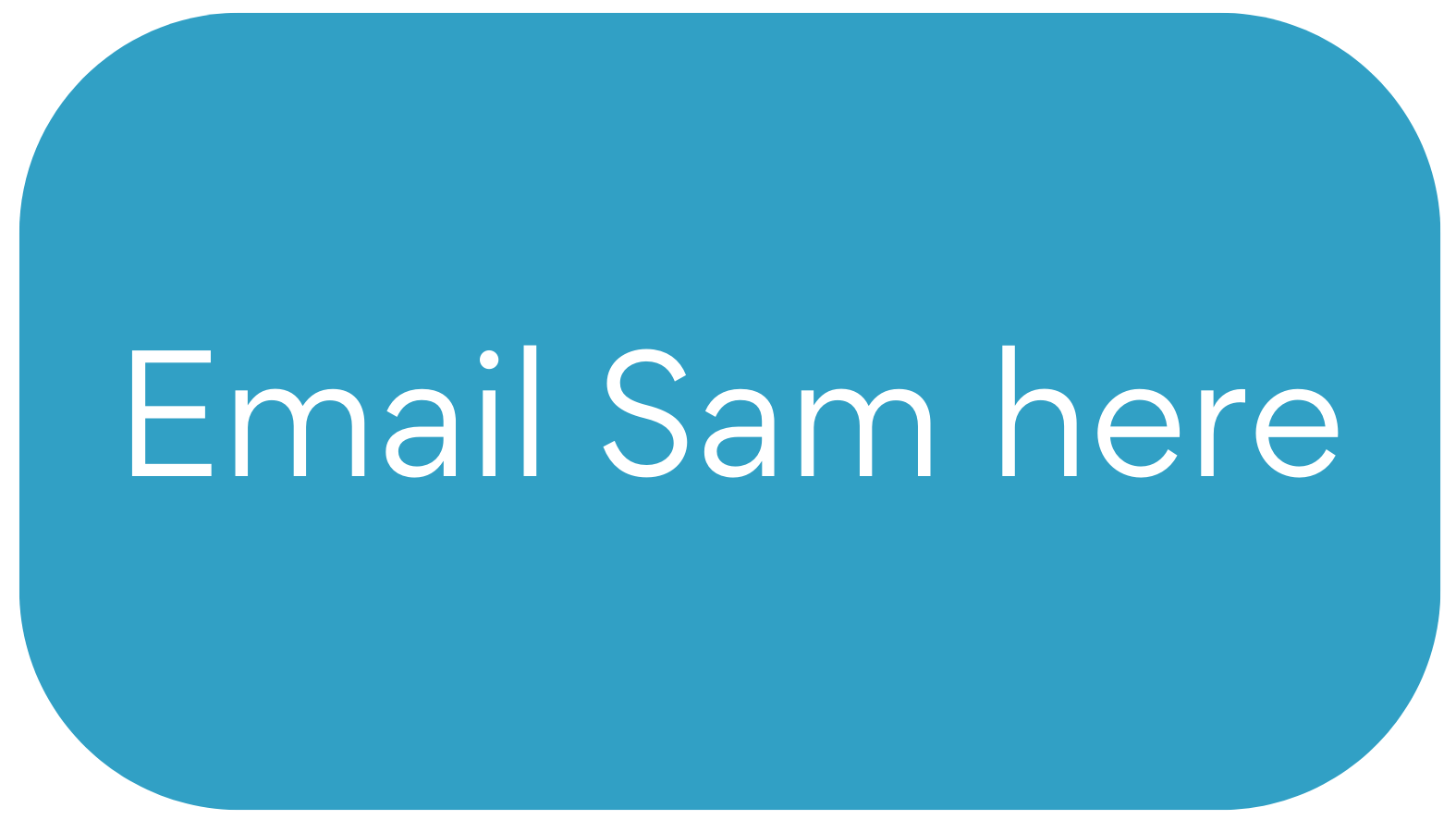
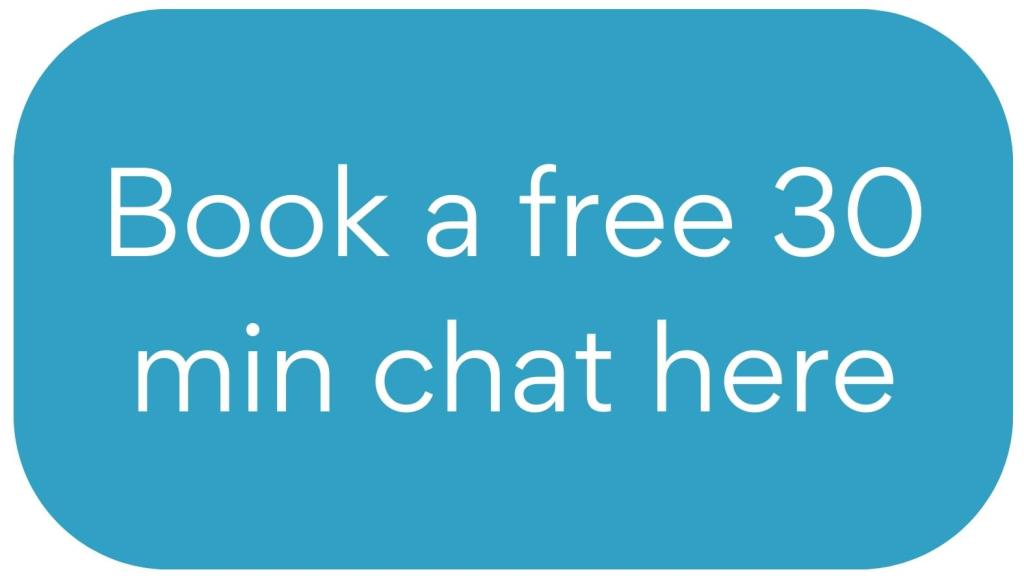
Recent Comments